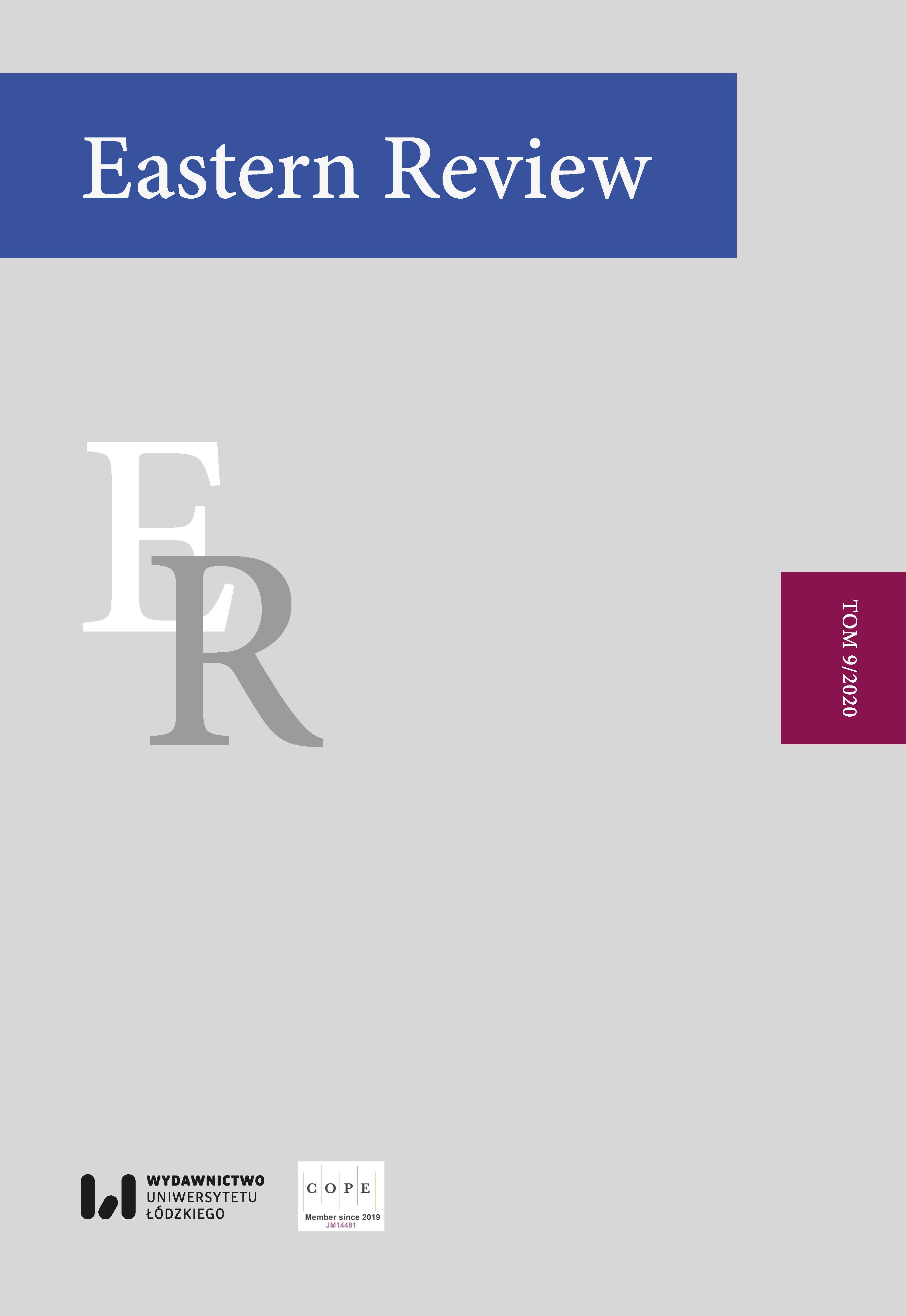Public contestation practices in Russia in 2000–2020
Public contestation practices in Russia in 2000–2020
Author(s): Roman SavenkovSubject(s): Politics, Government/Political systems
Published by: Wydawnictwo Uniwersytetu Łódzkiego
Keywords: Contestation; political opportunity; protest; political party; non-government Organization
Summary/Abstract: The article analyzes the influence exerted by the limitation of legal opportunities for public contestation in the 2000s on the scope of mobilization and the repertoire of public contestation practices. The term ‘public contestation’ is used to describe forms of individual and collective political activity focused on criticizing, denying and resisting the current government project, including by introducing alternative projects. The public contestation includes constructive actions of political actors not related to causing damage or disposing of political opponents. The paper is based on political and legal analysis and on some elements of event analysis. In the 2000s, the scale of public contestation on discursive and protest platforms was smaller than over the next decade, which did not create any needs for detailed regulation of such activities. At the same time, changes in political and legal opportunities in the electoral and party field were quite intense throughout 2000–2020. The most popular forms of public contestation were public events (in 2011–2018), as well as discursive activity on the Internet and in mass media (after 2018). During the above mentioned period, we see the biggest changes in legal opportunities in this field and increasing penalties for respective violations. The electoral field shows the pendulum dynamics: decreasing and increasing opportunities in 2000–2011 and 2012–2019, respectively. A meaningful factor of narrowing legal opportunities for public contestation is the potential financial, organizational and information support of public contestation practices by foreign entities.
Journal: Eastern Review
- Issue Year: 2020
- Issue No: 9
- Page Range: 83-103
- Page Count: 21
- Language: English

